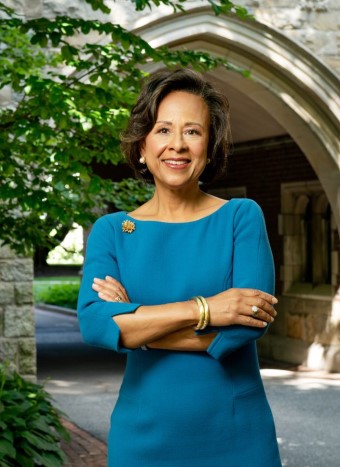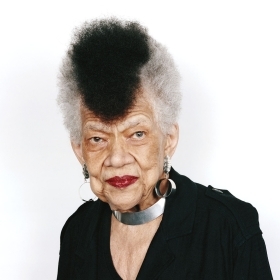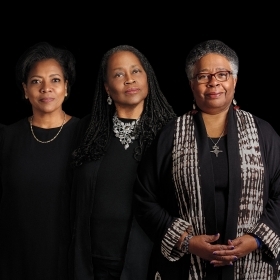
From its inception, Wellesley recognized the value of diversity and inclusion. Founders Pauline and Henry Durant believed Wellesley could be a place where students from across the economic divide could live and learn together. Beyond their conviction that this would benefit our students, the Durants believed this would lead to a more democratic society.
Almost 150 years later, as we meet 21st-century challenges, Wellesley remains faithful to the values that helped us become the preeminent liberal arts college for women. Today, we are embracing the idea that true excellence requires equity, inclusion, and intellectual openness at all levels of learning and in all aspects of community—from our academic program to our students’ experience of campus life.
Over the years, we have built a strong, diverse community of exceptionally talented students from all backgrounds. Consider that nearly 25 percent are from underrepresented groups; 18 percent are first-generation college students.
But we must do more.
Studies confirm what we instinctively know: Diverse environments lead to positive academic development, enhance students’ social-cognitive skills, and contribute to greater civic involvement. We must move forward, based on data, to seed broad institutional change across all aspects of the Wellesley experience—in the classrooms and labs, in student peer groups, and throughout residence life. These changes will break down barriers and promote the success of all of our students in new and effective ways—and at the same time, maintain the most rigorous standards for a liberal arts education.
First, we are working hard to increase the economic diversity of our student body and to make all students feel they belong within our residential community and equally within our community of scholars.
Our need-blind admission policy allows us to admit students based on their skills, abilities, and promise—not on their financial situation. Although the New York Times’ most recent College Access Index ranked Wellesley among the very top schools for economic diversity of their students, we know that 60 percent of our students come from households in the top 20 percent income brackets, and only 6 percent from the bottom 20 percent. So we continue to innovate: Wellesley’s MyinTuition online cost estimator is helping to boost applications from low- and middle-income students, and use of the tool is spreading to other colleges across the country. And we continue our important partnerships with groups like Posse and others, who are helping us enroll talented applicants from underrepresented groups. (See “How I Got to Wellesley.”)
Second, we are devising and implementing ways to ensure the success of all of our students. For example: Two professors founded a successful campus initiative that supports underrepresented students through faculty mentoring and collaborative problem solving during small group work. Similarly, Wellesley’s First Generation Network has paired students with faculty from similar backgrounds to learn strategies for success.
Third, we are expanding the diversity of faculty cultures and perspectives, adding more underrepresented students to the academic pipelines. Just last fall, Wellesley was awarded a McNair Postbaccalaureate Achievement Program grant. The more than $1.16 million grant will help low-income students, first-generation college students, and students from underrepresented minorities pursue doctoral degrees, for example, in preparation for careers in the academy. This is an exciting addition to what we have been doing for almost three decades by offering the Mellon Mays Undergraduate Fellowships, a program with similar goals. In concert with these efforts, it is essential that our own faculty from diverse backgrounds thrive at Wellesley.
These are just a few areas of focus in what will be a major initiative that will move us beyond a desire to simply change attitudes. We will use data to identify inequities in experience and begin to reshape the structural barriers that require our attention. Efforts will reach across campus, from culturally inclusive counseling services and career education to pedagogical innovation and intercultural education, to inclusion and equity as fundamental aspects of student life.
Just as the Durants saw diversity and inclusion as a path to broader, larger goals, today we know all that’s gained by making Wellesley a truly equitable, welcoming place: Ever more talented and intelligent young women from all walks of life will come to Wellesley to unleash their potential. By embracing the full diversity of every student, Wellesley’s founding values will live on, but with the promise of an enhanced caliber of excellence and intellectual achievement—our very best Wellesley.







We ask that those who engage in Wellesley magazine's online community act with honesty, integrity, and respect. (Remember the honor code, alums?) We reserve the right to remove comments by impersonators or comments that are not civil and relevant to the subject at hand. By posting here, you are permitting Wellesley magazine to edit and republish your comment in all media. Please remember that all posts are public.